The most common kitchen counters you will find in homes are traditional laminate countertops. And they certainly live up to the adage ‘you get what you pay for’, as most of them still contain a lot of formaldehyde and they aren’t very durable. Maybe the latest generation of laminate countertops for green kitchens and bathrooms deserve a second look when building or renovating sustainably.
Laminates are still the most affordable kitchen counters on the market, so if you're going for one, search out brands that have made efforts to improve the products they offer. As consumers wise up in the modern age to urgent environmental issues and the importance of healthy air quality in homes, the market naturally follows suit. So thankfully it is becoming easier all the time to find green building products such as non-toxic and durable laminate countertops.
Here are a few alternative sustainable kitchen counter options that we quite like for green homes with Passive House PHIUS+ certification or LEED v4 certification standards, not just for the look, but also for the material composition, durability & sustainability.
Recycled quartz kitchen counters
This counter is a ground-up mix of glass, porcelain and quartz heated to over 1,000 degrees Celsius and compressed underneath 25,000 tons. The final product does not require any resin or sealants. It is non-porous, not affected by UV rays and is very resistant to scratches, heat and stains. It is a great option for both kitchens and bathrooms. See the recyled quartz kitchen counter install in the Edelweiss House here

|
|
Recycled quartz counter tops are very resistant and sustainable © Dekton
|
Composite paper kitchen counters
Yeah, we know that’s a hard one to figure at first; paper is not something you think of when looking for durable kitchen counters, but it works. These counters are made of 100% recycled paper.
The binding agents are completely GreenGuard certified and made with a cashew nut resin. The product is very durable and resistant to water and heat. Counters are available in thicknesses ranging from ¼ to 2 inches and come in a variety of colours. The final finish has the look of soapstone but at about a third of the price. They are manufactured in the United States but available in Canada.
Purchase and installation will together run about $80 per square foot, but maybe or a bit lower. It is not recommended to use bleach on this product as it could stain the surface.

|
|
Recycled paper counter tops are definitely sustainable but need a higher level of care © Paperstone
|
Recyled porcelain and glass counters
Recycled porcelain countertops offer an environmentally-friendly alternative to similar surfaces available on the market. They are non-porous, as durable as granite, resistant to scratches and heat, and made using between 50 and 75% recycled materials such as porcelain, glass and mirrors. They are manufactured using non-toxic and environmentally-friendly resins that are GreenGuard certified.

|
|
Silestone Counters are hard wearing, scratch and stain resistant and sustainable © Cosentino
|
Recycled aluminum kitchen counters
This is a great alternative to stainless steel but keeping a modern look. It is comprised of between 88 and 100% recycled content, and often sourced from post-industrial waste. Aluminum is usually less scratch-resistant than stainless steel, but with this one we have heard you won’t see a difference.
The counter is very healthy as it has no VOCs, it is stain resistant, and it is entirely recyclable at the end of life. As an added bonus, you can mold the sink, the countertop and backsplash out of the same material.

|
|
Recycled aluminum counter tops are an alternative to stainless steel and are also sustainable © Alkemi
|
Butcher block with sustainably-sourced wood
A butcher block counter is simply a wooden counter, albeit usually glued together for strength, durability, and to avoid cracking. How healthy this option is would depend on the adhesives used.
Made from responsibly harvested wood, butcher block countertops offer a warm, natural look and can be maintained with food-safe oils.

Poured concrete counter tops
Concrete counters are extremely durable and versatile, and concrete can be mixed with non-toxic pigments and sealants to create sustainable, low-VOC surfaces of various colors. The can be purchased pre-cast, or you can have them poured in place. The pouring-in-place option is a little trickier to get a quality product, as you would want to pour it and let it cure, then flip it so as not to have bubbles on the top.

Soapstone kitchen counters
Soapstone is a natural stone that is non-porous and does not require chemical sealants. the surface is slightly slippery to the touch, and one downside is that it does scratch easily. However a light sanding can often remove small scratches. Soapstone is also resistant to bacteria and stains.

Now that you know about durable kitchen and bathroom design, find more pages about sustainable and resilient green building techniques here :
Find more about green home construction in the Ecohome Green Building Guide pages or to learn more about the benefits of a free Ecohome Network Membership, see here. |




















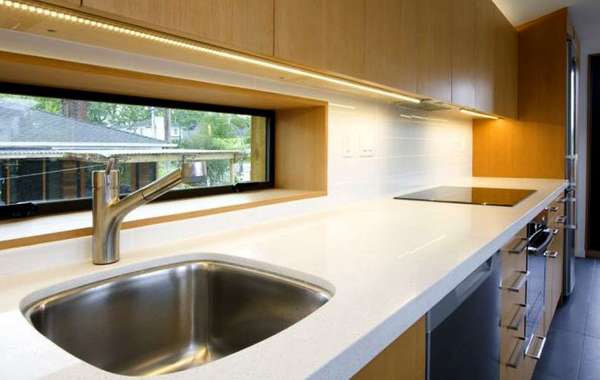
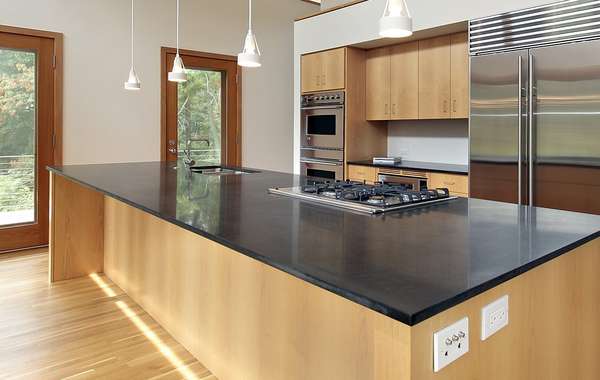
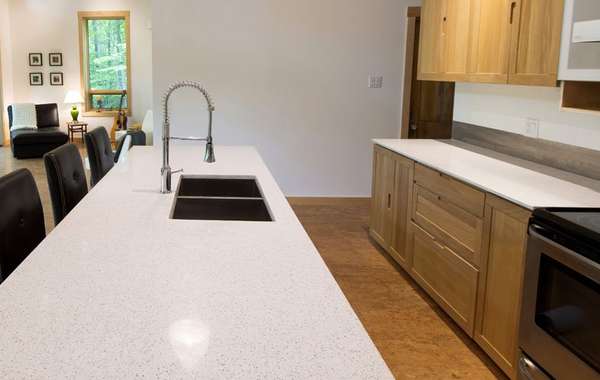
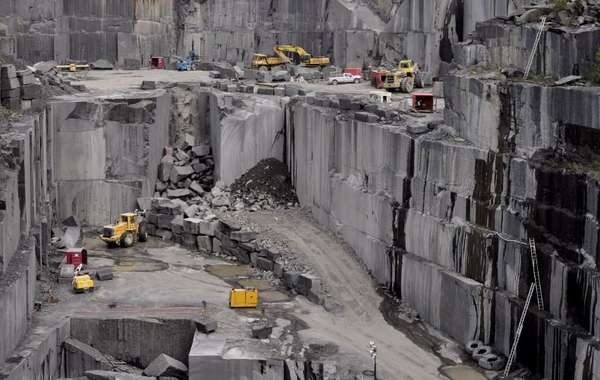
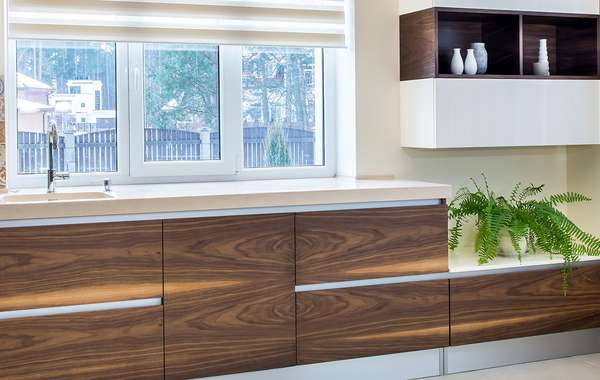
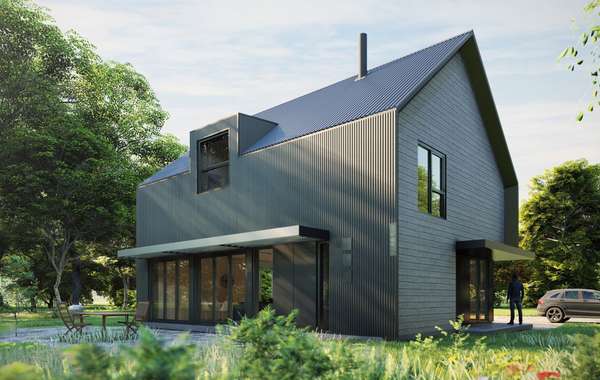
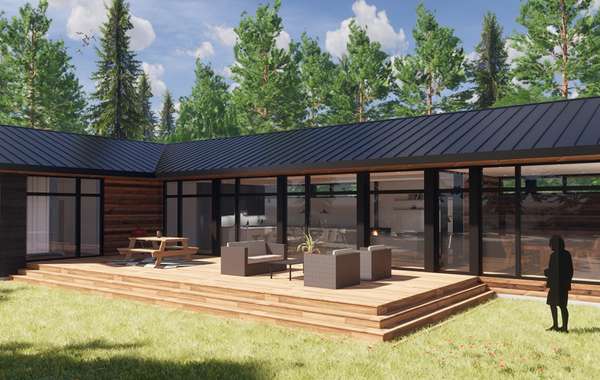
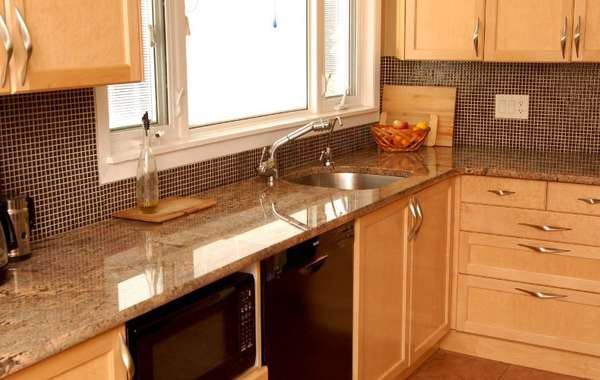
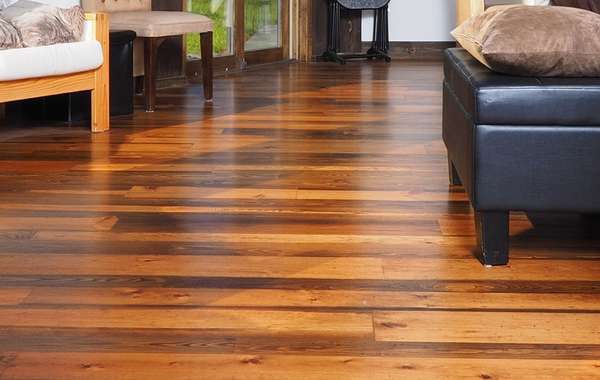
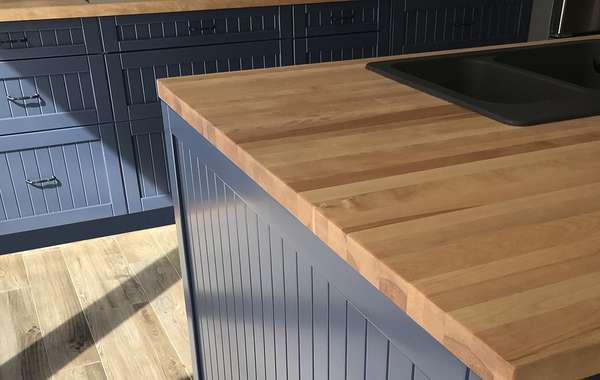
Interesting article. I pretty much liked the idea of recycled aluminum kitchen counters, an alternative to stainless steel countertops. I guess it will be somewhat sleek and nonabsorbent. Recently, I renovated the kitchen cabinets and changed the wall tiles of the kitchen. The countertop restoration was done with Cappuccino colored granite. It looks pretty good. Hence currently there is no chance to use recycled aluminum counters. But one of my friends is constructing a house. I would surely recommend the idea of recycled aluminum kitchen counters to her.
Hi Raphy
Aluminum is for sure an alternative to steel, though it is a softer metal and would scratch a bit easier, so you'd want to be aware of that and avoid ever cutting on it. Although, that can be said about any counter, even if just to keep your knives sharp. Aluminum would also mean not introducing the formaldehyde that can be found in laminate counters, so they would safeguard air quality as well. Thanks for mentioning that option. Best regards.
Thank you!
The potential for off gassing in Quartz counters was mentioned. Is there any data available that either confirms or disproves this possibillity?
I think this is an informative post and it is very useful and knowledgeable. I would like to thank you for the efforts you have made in writing this article.
Nonsense. Adding a recycled material to an engineered composite countertop does not make it green.
The process by which these materials are manufactured is inherently ungreen, requiring enormous amounts of greenhouse--gas-producing energy and petro-chemicals like urea-formaldehyde and phenol-formaldehyde that are about as eco-friendly as acid rain.
At best, these products are "greenwashed", not actually green.
Adding recycled materials to any product and reducing the need for material extraction and relieving some burden on landfills is a sensible move in our opinion from an ecological perspective, we stand by that. There are many counters listed above, all with different materials and manufacturing processes, so it would be great if you could actually form a logical argument by including the particular counter above that got you so steaming mad, and what it is about the manufacturing process that irks you so much, and how you think it can be improved.
None of those to our knowledge have Urea and Phenol Formaldehyde, if they did we would remove it instantly, so again, please let us know which one has it.
Also, please let us know what type of counter you have in your home, I would assume it surpasses all the above in terms of being 'green' (or you would of course not gone off on such a rant) so please let us know so we can feature it. Thanks Jim.
These are impressive, eco-friendly options. I have heard of composite paper kitchen counters, but I'm still quite skeptical about it. After all, the leading material for that countertop is still paper. Various quartz has, time and time again, have proven that, while containing other recycled materials, it's durable.